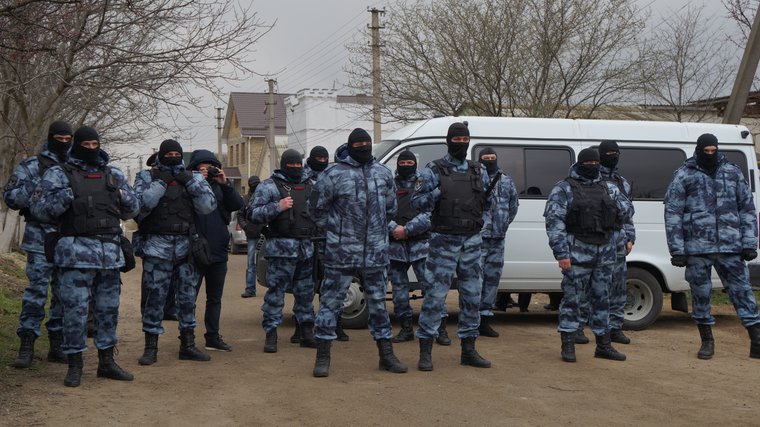Following Russia’s illegal annexation of Crimea from Ukraine in 2014, the Parliamentary Assembly of the Council of Europe (PACE) declared that it would suspend the Russian delegation’s voting rights. PACE announced that Russia’s delegation would also be excluded from the organization’s leading bodies. While the sanctions were issued for the remainder of the 2014 session, the penalty was prolonged as Russia refused to change its behavior.
By 2016, Russia announced it would no longer take part in PACE. The Russian Federation also refused to pay its annual dues in 2017 and 2018.
Russia then threatened to leave the organization in 2019, a warning that PACE did not take lightly. Fearing such a move would further alienate Europe from Russia, PACE voted to reinstate Russia’s voting rights. While the resolution outraged some of PACE’s members, the decision was upheld.
Now, the European organization finds itself at the center of yet another controversy. On 26 January 2021, PACE voted to restore the Russian delegation’s credentials, a decision that was not taken lightly by several of PACE’s members.
It is worth reminding PACE why Russia was initially stripped of its voting rights and credentials.
In 2014, Russia violated Ukraine’s territorial integrity and sovereignty by annexing Crimea. PACE instituted these penalties, and the organization argued that they would not be removed until Russia altered its behavior.
The European Court of Human Rights condemned the Russian occupation, and the United Nations expressed its concerns over Russia’s human rights violations in Crimea and the Donbas. Russia’s conquest in eastern Ukraine has also resulted in the deaths of over 14,000 and the displacement of nearly two million.
Outside of Ukraine, Russia conducted several cyberattacks against the Baltic States, and it violated the airspace
of these countries. The Russians plotted to assassinate Montenegro’s Prime Minister to halt the Balkan country from joining the North Atlantic Treaty Organization. Russia launched several disinformation campaigns in North Macedonia to destabilize the North Macedonian government. The Russian Federation meddled in the British, American, and French elections between 2016 and 2017. Finally, the Russians conducted a massive cyberattack against the United States in what was deemed to be the most sophisticated cyberattack in history.
These are but a few examples of what Russia has conducted over the past several years. These accounts hardly demonstrate that Russia was willing to alter its behavior, yet several of PACE’s delegates still opted to restore Russia’s voting rights and credentials.
PACE’s Russian resolution was also telling. Those who voted against the resolution were the countries that have faced the brunt of Russia’s cyberattacks and military incursions over the past two decades. The opposition bloc consisted of Estonia, Georgia, Latvia, Lithuania, Moldova, and Ukraine, as well as the United Kingdom. Those who abstainedfrom voting have also been subjected to Russian aggression. These delegates hailed from Croatia, the Czech Republic, Poland, Slovakia, and Slovenia.
The delegates that supported the restoration of the Russian delegation’s credentials hailed from Western Europe. These countries included Austria, France, Germany, Ireland, Italy, the Netherlands, Spain, and Switzerland. Surprisingly, the Scandinavian states and several Balkan countries also voted in favor of the Russian resolution.
Overall, PACE’s recent decision demonstrates there is a clear difference in opinion on how the Europeans should pursue their relationship with Russia. Western Europe believes that engaging with the Russians and resetting their relations might lead to the easing of tensions between Europe and Russia. Those in Eastern Europe, however, believe that Europe should punish Russia for its aggressive behavior and that it should hold Russia accountable for its actions.
Due to these differing opinions, Western Europe’s delegates must work together with their counterparts from Eastern Europe to determine a viable strategy on how they will engage with the Russians. Otherwise, if these differences continue, this could lead to the potential fracturing of alliances across the European continent.







